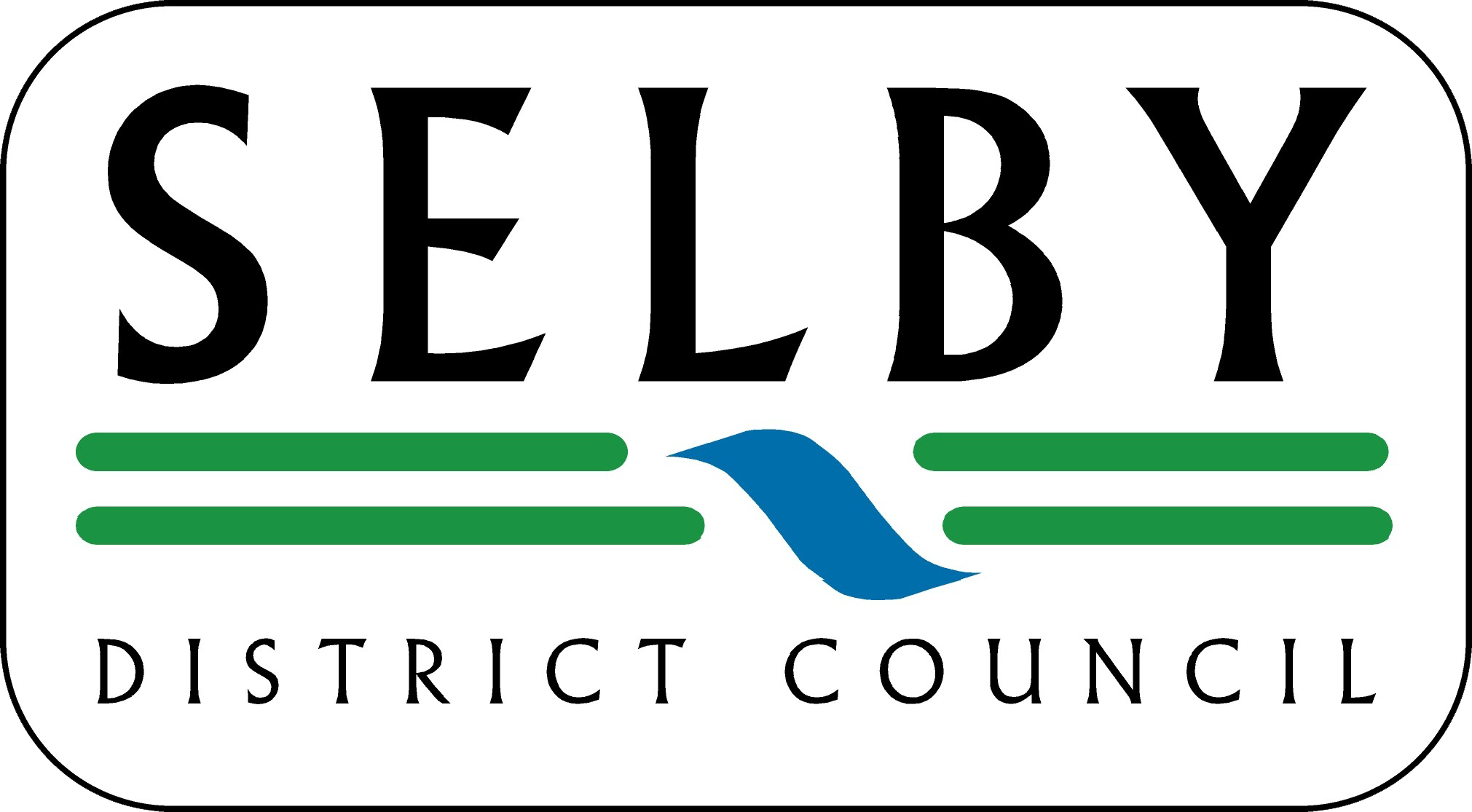Agenda item
Vale of York CCG and Yorkshire Ambulance Service
- Meeting of Scrutiny Committee, Thursday, 4th July, 2019 5.00 pm (Item 6.)
- View the declarations of interest for item 6.
To hear from the Vale of York Clinical Commissioning Group (Becky Case) and Yorkshire Ambulance Service (Chris Dexter) about their work and the provision of patient transport services.
Minutes:
The Committee welcomed to the meeting Becky Case, Head of Transformation and Delivery at NHS Vale of York Clinical Commissioning Group (CCG), and Chris Dexter from Yorkshire Ambulance Service NHS Trust (YAS).
Ms Case gave details to the Committee of the recent contractual changes for patient transport services in the CCG’s area. It had been felt that the previous contract was not fit for purpose and had prevented the CCG from being able to transport patients home from hospital, as well as to and from appointments, in a timely manner. Consultation had been undertaken across the CCG area, with a particular emphasis on communications with renal patients, who used the patient transport service on a regular basis.
Members noted that the feedback from the public and patients had been that they were left waiting for too long, and that transport at weekends and early mornings was not as effective as it should be.
Ms Case went on to explain that the CCG had done a lot of market engagement with a number of different providers, and at the core of this had been the need for the service not to be tied to specific sites or times; flexibility was required for the service to work efficiently and in the best interests of patients. During the subsequent procurement process, YAS had been successful as they had demonstrated flexibility with a willingness to develop the services provided. The contract with YAS had come into force on 1 July 2018 with better capacity provided and a dedicated team member from YAS working with renal patients.
The Committee acknowledged that whilst the eligibility criteria for the use of patient transport services had not changed, the assessment of potential patients had been made easier; questions used in the assessments were more targeted and an appeal process meant that anyone not approved for transport could make representations for reconsideration. Overall the first year of operation with YAS had gone well; there had been a few complaints but in general capacity was improved and patients were happy with the service.
Mr Dexter explained that as the provider of the service, YAS was the first line of contact with patients. Members noted that the service had a call centre in Wakefield, where call handlers would take the initial phone call from a patient requesting transport, and would ask a number of questions about mobility and medical need. The process was reviewed on a quarterly basis and there was consistent engagement with patients and ongoing changes to continue to improve the service.
Members asked for examples of other providers that had bid for the contract, and it was noted that there had been expressions of interest initially from 19 different organisations, which had eventually been narrowed down to four. Ms Case was unable to give details of the other bidders for the contract, but offered to take the query away to find out if she was legally able to do so; if so, she would supply the details to Members at a later date.
Committee Members expressed concern regarding some patients having been denied transport services when it was clear that they were in need of such assistance, especially those that lived in more rural communities where public transport was not always a viable option. It was felt that there were a number of other issues outside of medical need and mobility that should be taken into consideration when judging an individual’s eligibility for the service, such as dementia.
Members noted that should a person be judged as ineligible for transport services, they would be given advice and signposted to other services that could help them. Ms Case and Mr Dexter explained that they were conscious of a number of different factors when making a decision about transport eligibility, and that any specific cases that Members were aware of could be referred to them directly to be looked into.
The Chair and the Committee thanked Ms Case and Mr Dexter for attending.
